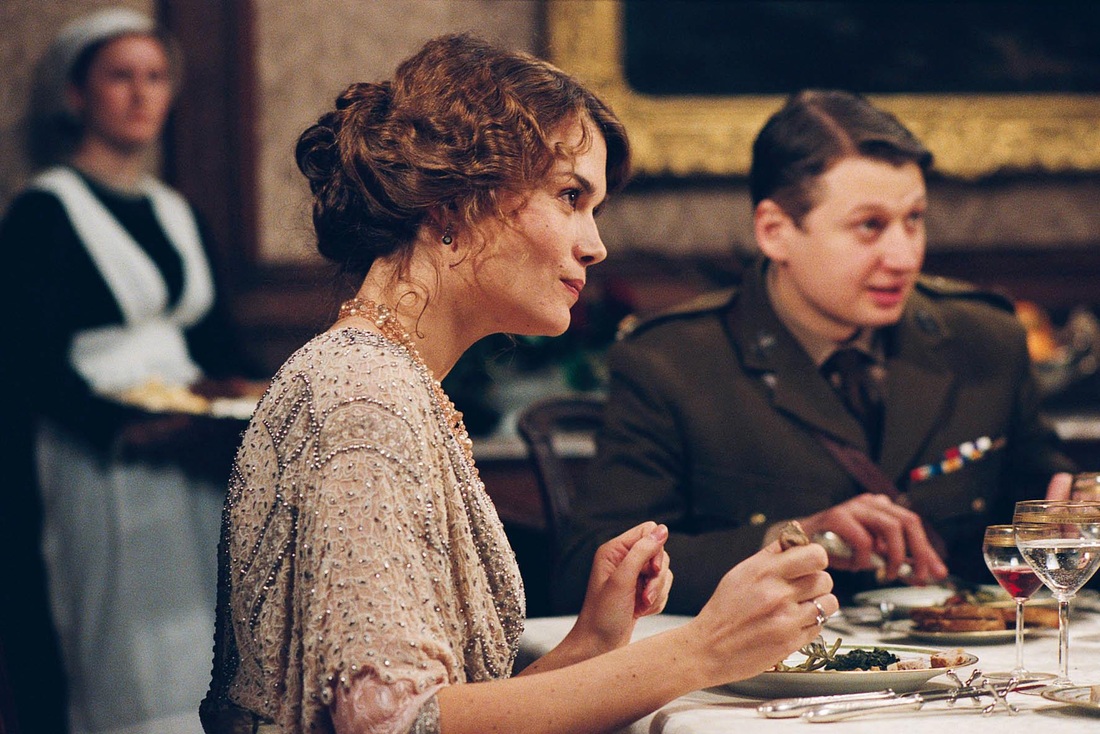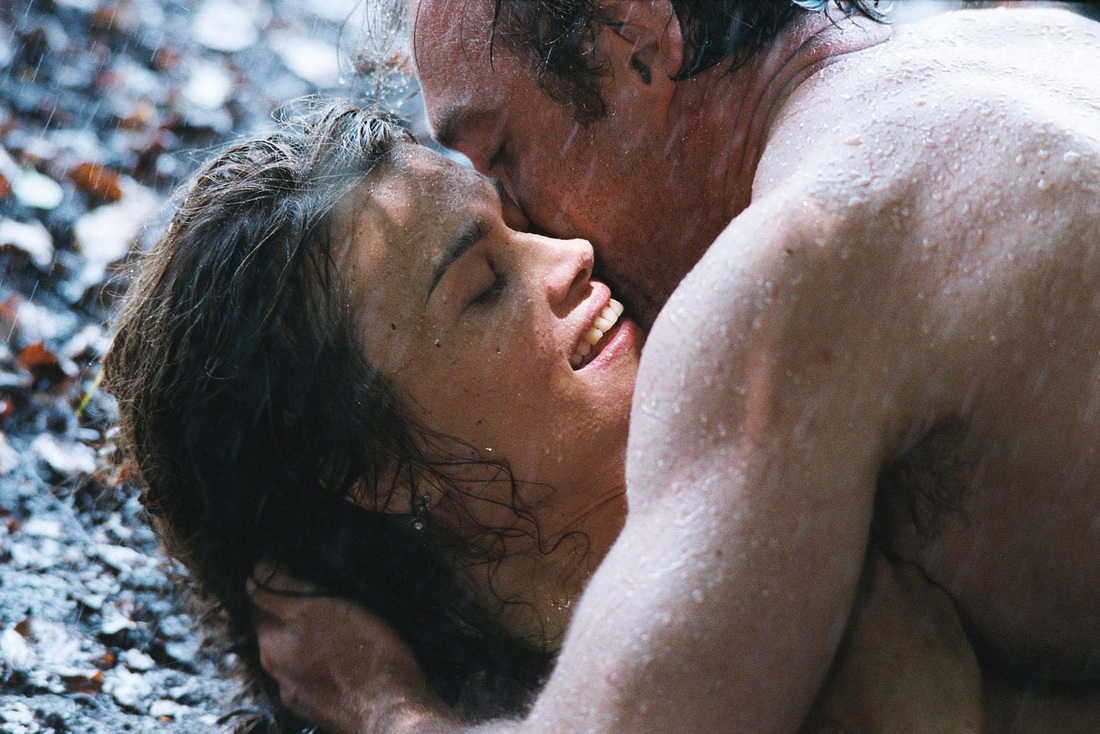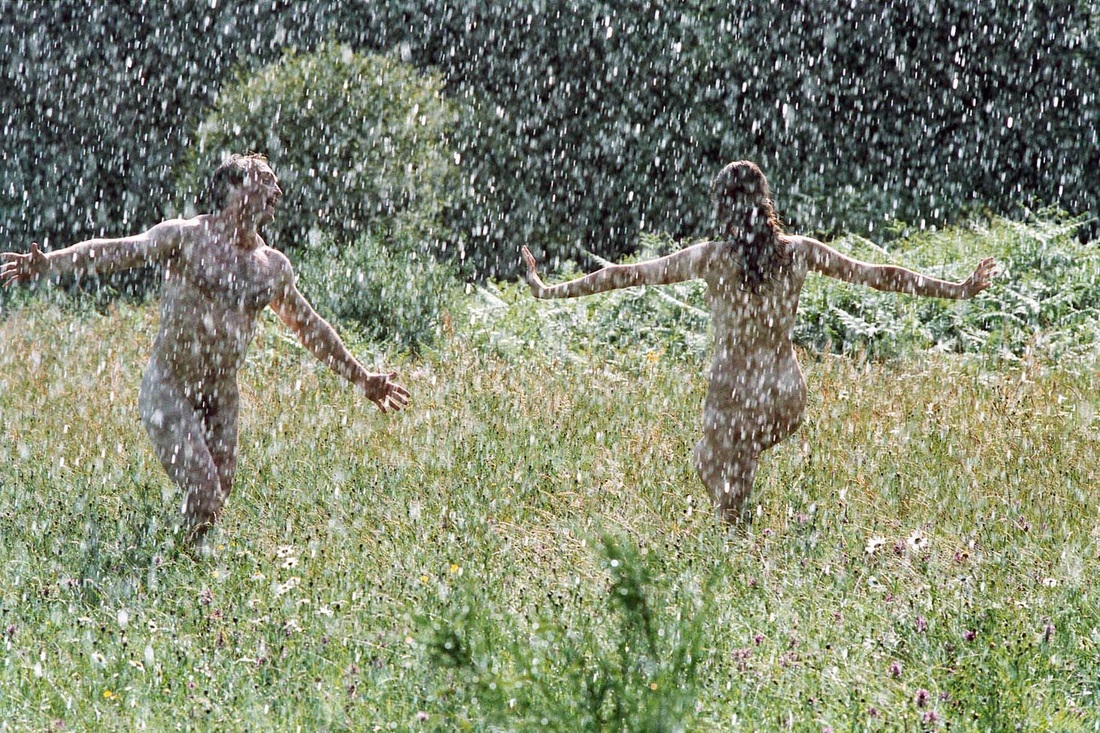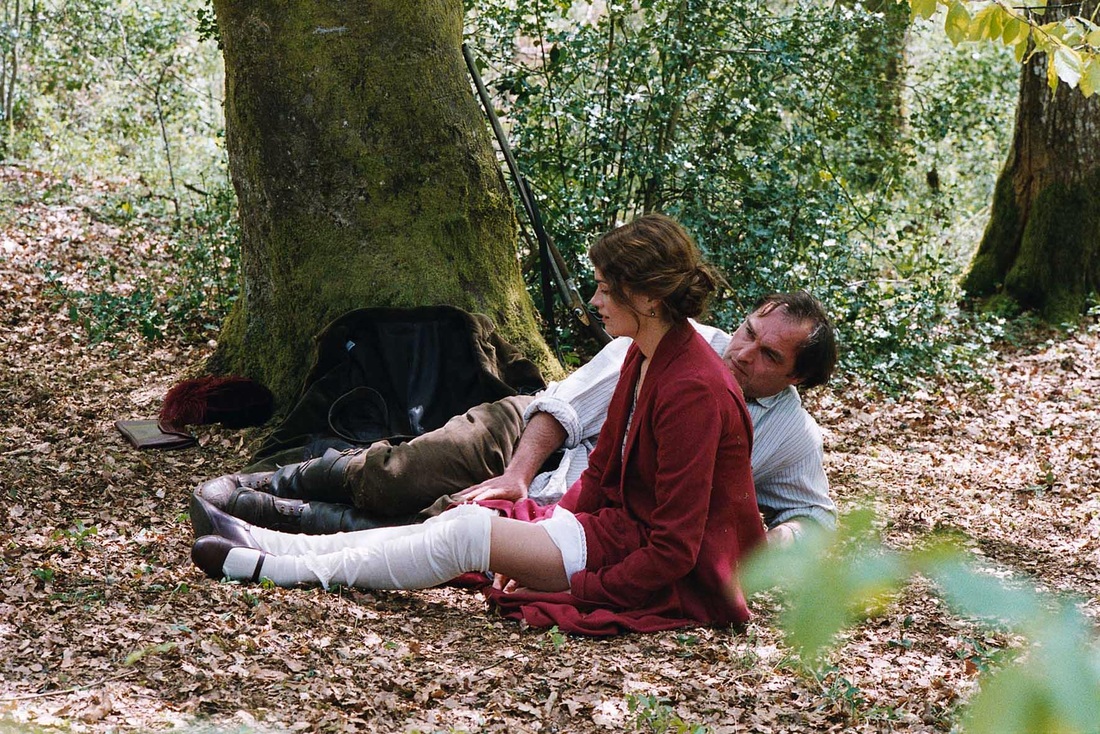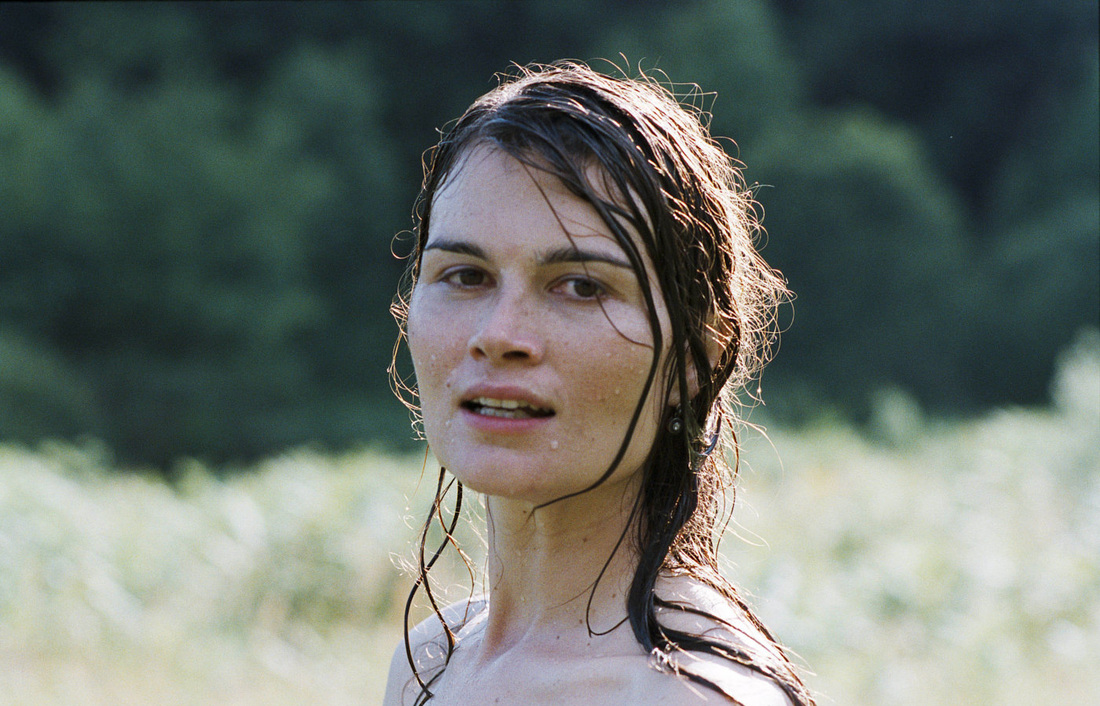|
How entertaining? ★★★☆☆
Thought provoking? ★★☆☆☆ 20 August 2007
This article is a review of LADY CHATTERLEY. |
It is a fascinating and unusual experience at the cinema to see a French language film of a British novel set in Britain.
We have been very lucky this year, getting some real quality on the silver screen from our brothers and sisters across The Channel:
TELL NO ONE
NOT HERE TO BE LOVED
PRIVATE FEARS IN PUBLIC PLACES
MOLIERE
LA VIE EN ROSE
ARTHUR AND THE MINIMOYS
ORCHESTRA SEATS and
THE SCIENCE OF SLEEP
plus PARIS JE T’AIME.
Phew! A bumper year for Francophiles.
We have been very lucky this year, getting some real quality on the silver screen from our brothers and sisters across The Channel:
TELL NO ONE
NOT HERE TO BE LOVED
PRIVATE FEARS IN PUBLIC PLACES
MOLIERE
LA VIE EN ROSE
ARTHUR AND THE MINIMOYS
ORCHESTRA SEATS and
THE SCIENCE OF SLEEP
plus PARIS JE T’AIME.
Phew! A bumper year for Francophiles.
|
|
|
Now we have LADY CHATTERLEY, directed by Pascale Ferran, and written by Ferran, Roger Bohbot and Pierre Trividic. This is not based on the original novel by D.H. Lawrence, but on a second version - titled in France, LADY CHATTERLEY ET L’HOMME DES BOIS, and over here, JOHN THOMAS AND LADY JANE.
In the aftermath of the First World War, lord of the manor Clifford (Hippolyte Girardot, who you may remember from the fantastic MANON DES SOURCES) has returned paralysed from the waist down. His wife, Lady Constance Chatterley (Marina Hands, seen earlier this year in TELL NO ONE), is bereft of emotional and physical love. The home is weighed down with melancholy, coupled with strong political disagreements. Constance slowly begins an explicit love affair with gamekeeper Parkin (Jean-Louis Coulloc’h). A plot as simple as that actually deals with ambitious themes, such as fallout from war, class, relationship dynamics, as well as sexual expression, repression and satisfaction.
Hands, in the lead, is expressive and charismatic, but Coulloc’h is a bit too wooden, and consequently the chemistry is not particularly charged. Nudity and sex does not always equate to passion.
I like that the camera-work appears to represent the moods of Constance – whether fixed and closed down, or verité and free-spirited, but Lady Chatterley lacks a cinematic sheen (feeling made for television) and has a ponderous pace, which on several occasions stretches patience at its almost three hour running time. The full piece is actually nearer to four hours and was shown on French television in two parts, which I can imagine being more satisfying.


